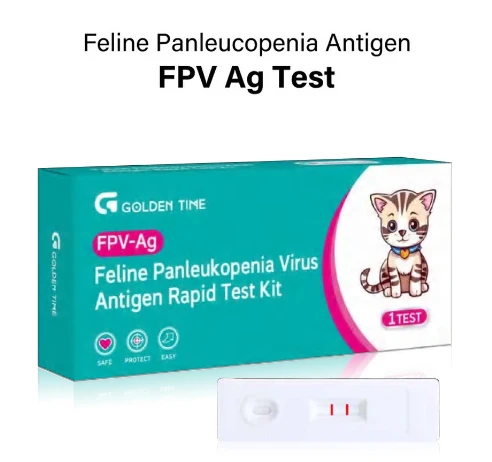Nov . 16, 2024 18:32 Back to list
hiv test reagent
Understanding HIV Test Reagents Importance, Types, and Market Trends
Human Immunodeficiency Virus (HIV) continues to be a significant global health issue, affecting millions of people worldwide. Early detection through testing is crucial in managing HIV infection and preventing transmission. Central to the testing process are HIV test reagents, which play a vital role in determining the presence of the virus in an individual's body. In this article, we will explore the importance of these reagents, the various types available, and current market trends.
Importance of HIV Test Reagents
HIV test reagents are substances utilized in diagnostic tests to identify the presence of HIV antibodies or antigens in blood or other bodily fluids. They are critical in the early diagnosis of HIV, allowing individuals to receive timely treatment and care. Early treatment is associated with improved health outcomes, including a reduced risk of developing AIDS (Acquired Immunodeficiency Syndrome) and a lower likelihood of transmitting the virus to others.
Moreover, testing is a cornerstone of public health initiatives aimed at controlling the HIV epidemic. The availability of reliable test reagents ensures that healthcare providers can offer accurate testing, which is essential for informed patient management and preventive strategies.
Types of HIV Test Reagents
There are several types of HIV test reagents, categorized based on the stage of infection they detect
1. Antibody Tests The most common type, these tests detect antibodies produced by the immune system in response to HIV. They can be further divided into - Rapid Tests These provide results in as little as 20 minutes and are often used in community settings. - Enzyme-Linked Immunosorbent Assay (ELISA) A more traditional laboratory test which can provide more comprehensive results but takes longer.
2. Antigen Tests These tests detect specific proteins (antigens) produced by the virus during its early stages. They can identify HIV infection sooner than antibody tests and are especially useful for diagnosing acute or recent infections.
3. Nucleic Acid Tests (NAT) These tests look for the actual virus in the blood. While they are highly accurate and can detect HIV soon after infection, they are more expensive and less commonly used for routine screening.
hiv test reagent

Each type of reagent has its advantages and limitations, making it essential for healthcare providers to choose the right test based on the patient's risk factors and testing context.
Market Trends and Innovations
The market for HIV test reagents is witnessing significant growth, driven by increasing awareness of HIV/AIDS, the need for early diagnosis, and advancements in technology. As of 2023, several key trends are shaping the market
- Point-of-Care Testing There is a growing preference for point-of-care tests that provide results quickly at the location where testing takes place. These tests are particularly beneficial in resource-limited settings.
- Home Testing Kits The rise of at-home HIV testing kits has made it easier for individuals to get tested privately and conveniently, thereby increasing testing rates among populations that may be hesitant to seek traditional testing.
- Integration with Digital Health Tools Many new testing solutions incorporate mobile technology, allowing users to receive their results and follow-up care through apps, increasing accessibility and engagement in health management.
- Focus on Inclusivity Efforts are being made to produce test reagents that are effective across diverse populations, addressing disparities in testing access and effectiveness.
Conclusion
HIV test reagents play an essential role in the fight against HIV/AIDS by enabling early diagnosis and treatment. With ongoing innovations and increasing accessibility, these reagents are more important than ever in the global effort to manage and ultimately eradicate the virus. As we move forward, continued investment in testing technologies and public health initiatives will be crucial in achieving better health outcomes for individuals and communities affected by HIV.
-
Reliable Early Pregnancy Test Kit Supplier - Multi Plastic Cassette Options
NewsJul.30,2025
-
Transferrin Rapid Test Cassette – Reliable Tumor Marker Detection
NewsJul.29,2025
-
Accurate Follicle Stimulating Hormone Test Kit | Rapid Reliable Results
NewsJul.29,2025
-
High Accuracy LH Ovulation Test Kit - Digital Results & Wholesale Options
NewsJul.29,2025
-
HbsAg Blood Rapid Test Kit for Fast & Accurate Hepatitis B Detection
NewsJul.28,2025
-
Sterile Urine Cup for Safe & Easy Collection | High-Quality Specimen Cups
NewsJul.28,2025

